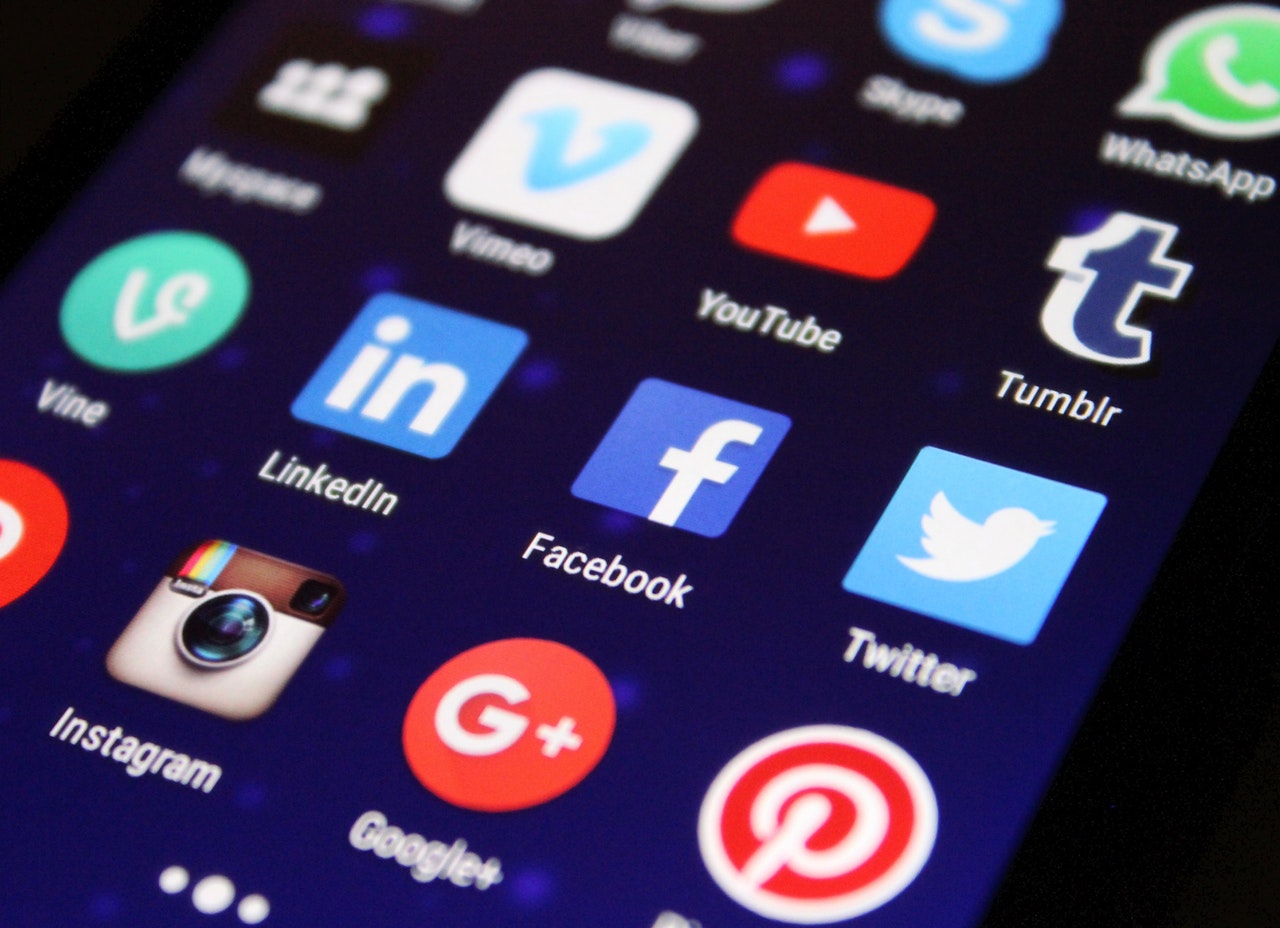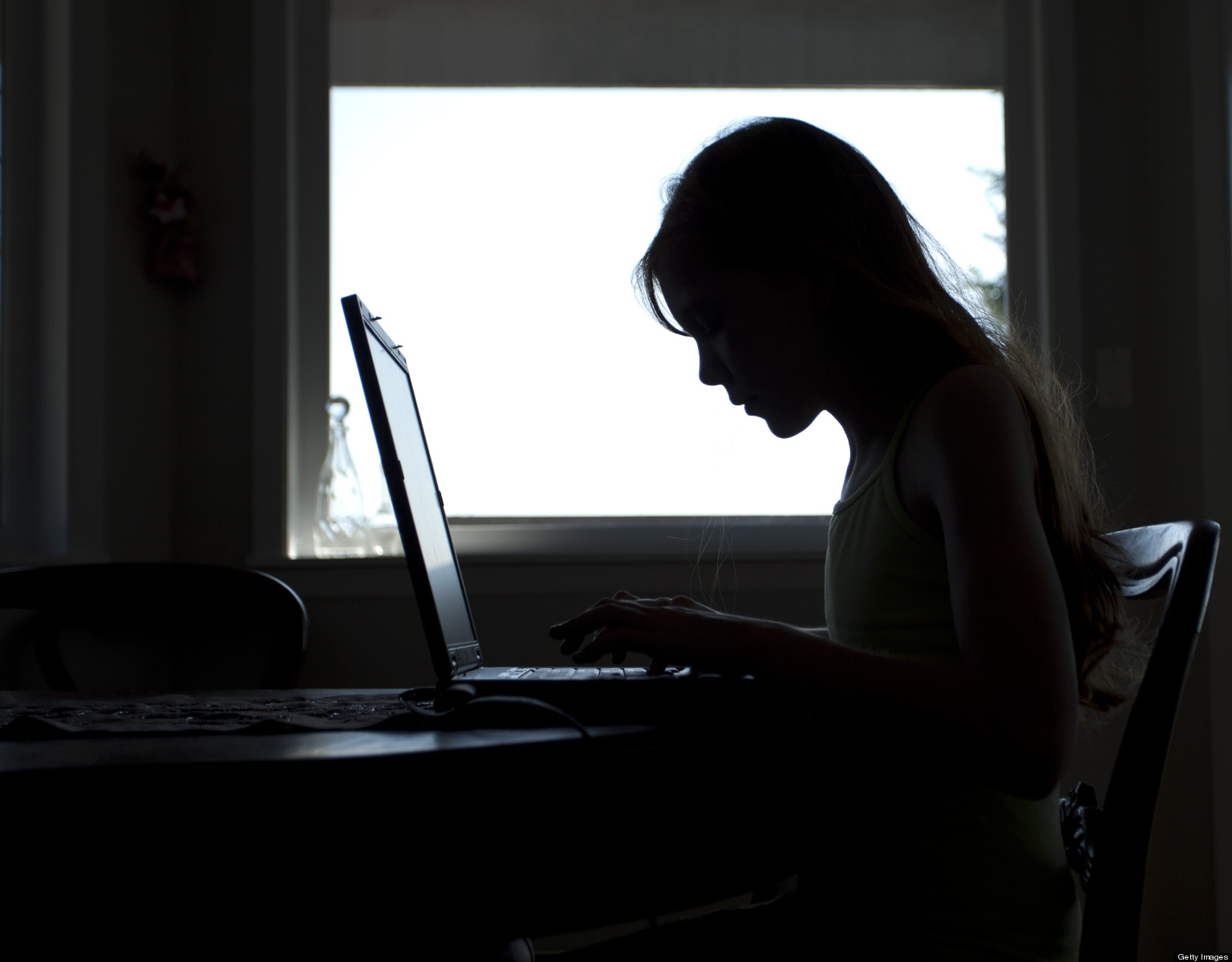Social media has become an integral part of modern life, connecting people across the globe, fostering communication, and offering a platform for sharing ideas and experiences. While the benefits of social media are undeniable, it also comes with a significant emotional toll. Increasing research shows that excessive use of social media can negatively impact mental and physical health. In this article, we will explore the emotional effects of social media, discuss its influence on mental and physical well-being, and support these findings with expert opinions and scientific research.

The Psychological Impact of Social Media Use
The psychological impact of social media can manifest in various ways, from anxiety and depression to low self-esteem. The constant exposure to idealized representations of others’ lives often leads to feelings of inadequacy and envy. According to Dr. Brian Primack, a professor of public health at the University of Arkansas, “Social media creates a distorted reality where users tend to compare themselves to others based on highly curated content, contributing to negative self-perception.” This phenomenon, known as “social comparison,” can lead to dissatisfaction with one’s own life.
Research published in Computers in Human Behavior found that individuals who spend more time on social media are more likely to experience negative emotions, such as sadness and anxiety. The study indicated that this occurs due to the reinforcement of negative cognitive biases, which can amplify the perception that others are leading more fulfilling lives.

The Role of Social Media in Anxiety and Depression
Several studies link excessive social media use to an increase in anxiety and depression. A landmark study published in The Journal of Social and Clinical Psychology found that limiting social media use to 30 minutes a day significantly reduced levels of anxiety, depression, loneliness, and sleep issues. The researchers explained that social media often induces a “fear of missing out” (FOMO), which fuels anxiety as users feel disconnected from experiences that others are supposedly enjoying.
Additionally, the addictive nature of social media platforms, designed to engage users for as long as possible, can contribute to unhealthy behaviours such as compulsive checking of notifications. This constant engagement disrupts daily routines and fosters feelings of isolation, further exacerbating depressive symptoms.
The Influence on Self-Esteem and Body Image
Social media platforms like Instagram and TikTok heavily emphasize visual content, leading to increased focus on appearance. A 2021 study published in Body Image found that adolescents who spent more time on image-based social media experienced a decline in body satisfaction. The research demonstrated that exposure to edited and filtered images of “ideal” body types encourages negative body comparisons and poor self-esteem, especially among young women and teenagers.
Psychologist Dr. Phillippa Diedrichs from the Centre for Appearance Research at the University of the West of England explains, “The more time individuals spend scrolling through images of unattainable beauty standards, the more likely they are to internalize these ideals, leading to unhealthy body image concerns.” This can result in a range of mental health issues, from eating disorders to obsessive tendencies related to appearance.

The Physical Health Consequences of Social Media Use
While the emotional impact of social media is well-documented, its influence on physical health is often overlooked. Excessive social media use can have direct and indirect consequences on physical well-being. For instance, research published in Frontiers in Human Neuroscience revealed that heavy social media use can impair sleep patterns due to prolonged exposure to blue light from screens. This disrupts the body’s circadian rhythm, leading to sleep deprivation, which is linked to various health issues, including obesity, cardiovascular diseases, and weakened immune function.
Moreover, the sedentary nature of social media use contributes to a lack of physical activity, which is a significant risk factor for developing chronic conditions such as type 2 diabetes and hypertension. The constant engagement with social media often leads individuals to spend extended periods sitting, further aggravating physical health problems.

Social Media and Cyberbullying: A Silent Stressor
Another detrimental aspect of social media is the rise of cyberbullying, which can cause severe emotional distress. According to research by the Cyberbullying Research Center, about 37% of young people between the ages of 12 and 17 have experienced cyberbullying, with victims often suffering from anxiety, depression, and low self-esteem. The anonymity of online platforms often emboldens bullies, making social media a breeding ground for toxic interactions.
In extreme cases, the emotional toll of cyberbullying can lead to tragic outcomes. Studies show a correlation between cyberbullying and an increased risk of suicidal thoughts and behaviours, especially in vulnerable populations like teenagers.

Strategies to Mitigate the Emotional Toll of Social Media
While the adverse effects of social media on mental and physical health are clear, several strategies can help mitigate these risks. Limiting screen time, practicing mindfulness, and engaging in face-to-face social interactions are critical steps toward reducing social media’s negative impact.
Experts recommend adopting a more mindful approach to social media, focusing on the quality rather than the quantity of interactions. Dr. Jean Twenge, a psychology professor at San Diego State University, suggests scheduling specific times for social media use and making a conscious effort to avoid comparing oneself to others. Additionally, parents and educators should encourage young people to develop healthy online habits and recognize the difference between reality and the curated content they see online.
In Conclusion
Social media, while an essential tool for communication and entertainment, can also have significant emotional effects on users. These psychological effects, including increased anxiety, depression, and poor self-esteem, are compounded by physical health consequences such as sleep disruption and sedentary behavior. By understanding the emotional and physical risks associated with excessive social media use, individuals can take proactive steps to protect their mental and physical well-being. Expert guidance and research underscore the importance of using social media mindfully to foster healthier online experiences.







